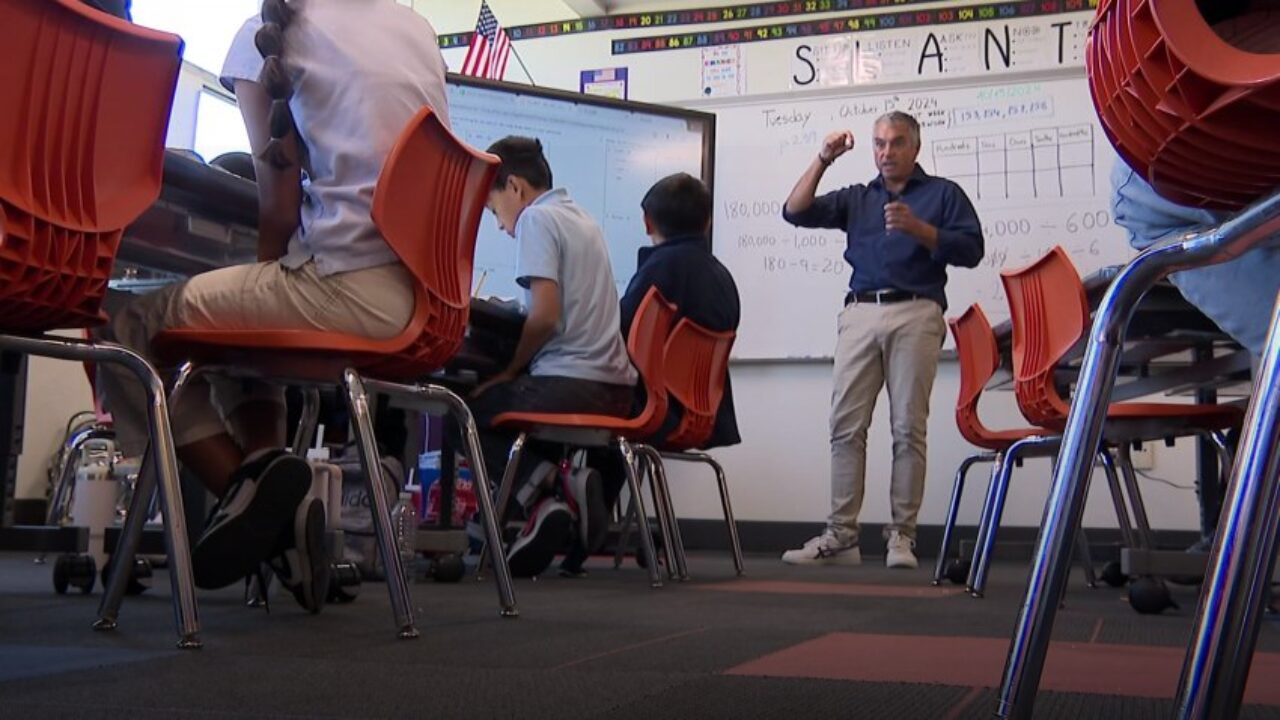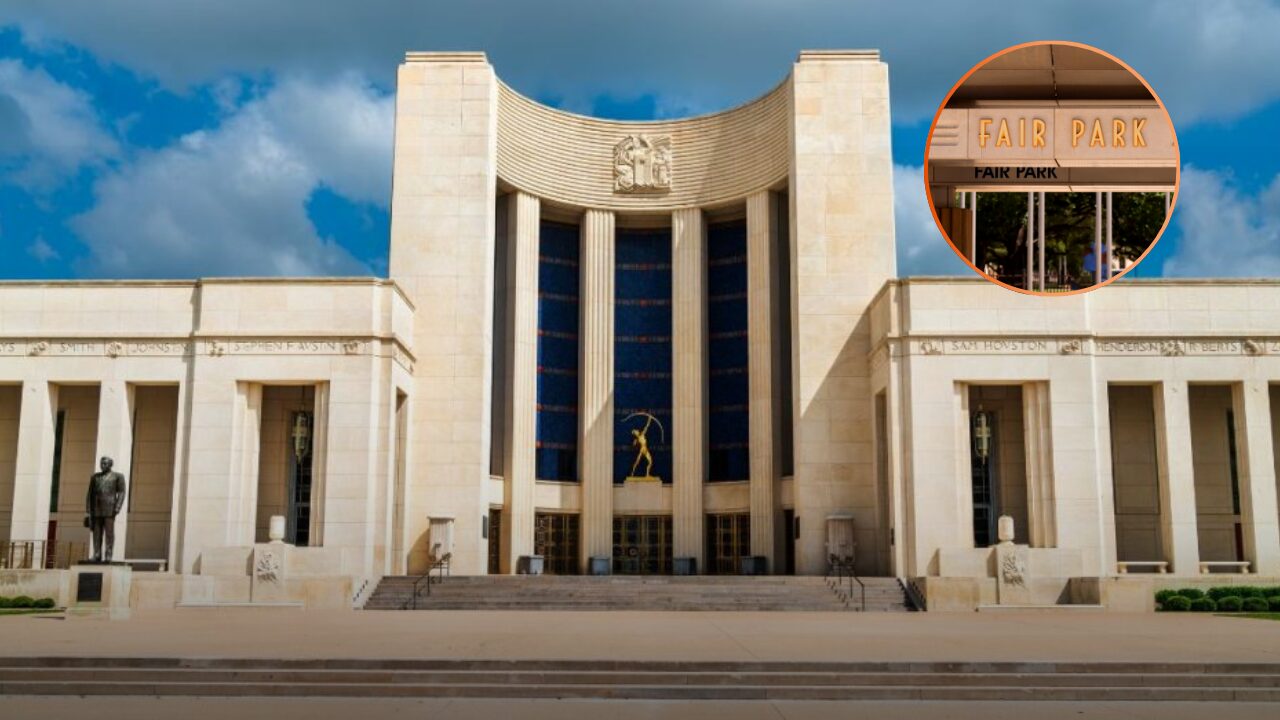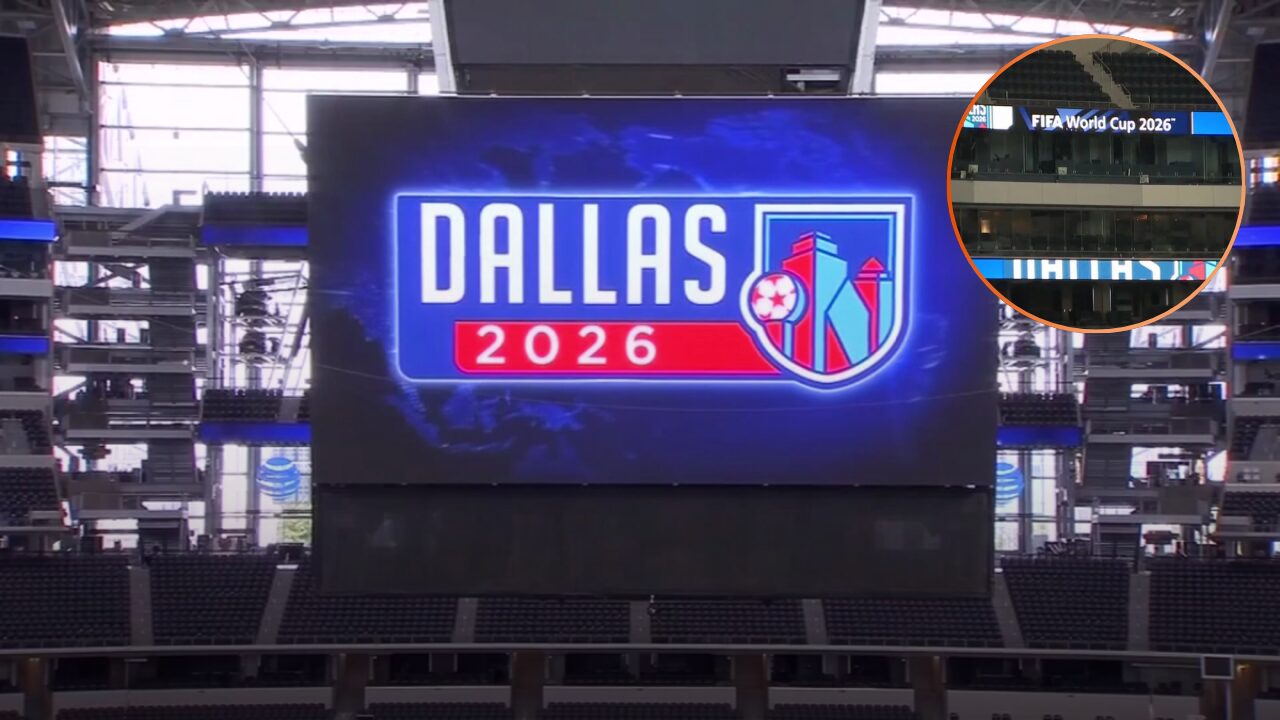
Texas Supreme Court Temporarily Halts Paxton Whistleblower Case Deposition
The Texas Supreme Court has issued a temporary pause on the depositions in the whistleblower lawsuit against Attorney General Ken Paxton, just days before they were set to commence.
The Texas Supreme Court recently made a significant decision to pause depositions in the whistleblower case against Attorney General Ken Paxton, a case that has captured statewide attention due to its political ramifications and the high-profile nature of the allegations involved. This pause comes just days before the scheduled start of depositions, marking the latest development in a series of legal battles that have defined Paxton’s tenure.
The case originates from accusations by four of Paxton’s former top aides, who allege he misused his office to benefit a wealthy donor, claims that have led to an extensive legal and political saga, including Paxton’s impeachment trial in the Texas Senate from which he emerged acquitted. The whistleblowers’ allegations, which prompted their termination, have raised questions about ethics and abuse of power within the highest echelons of Texas’ legal system.
This temporary halt was granted after a request for an emergency stay by Paxton’s legal team, aiming to delay the deposition process that was initially set by a Travis County judge. This strategic legal maneuver underscores the contentious nature of the case, which has not only legal implications but also deep political undercurrents, especially considering former President Donald Trump’s public intervention urging the Texas Supreme Court to conclude the case in favor of Paxton.
The court’s decision to pause the depositions until February 29 allows for a period of preparation and submission of broader legal arguments from both sides. This development is a pivotal moment in the case, reflecting the complex interplay of law, politics, and the pursuit of accountability in public office. As the legal process unfolds, the implications of this case could extend far beyond the individuals involved, potentially affecting the political landscape and public trust in legal institutions in Texas.












